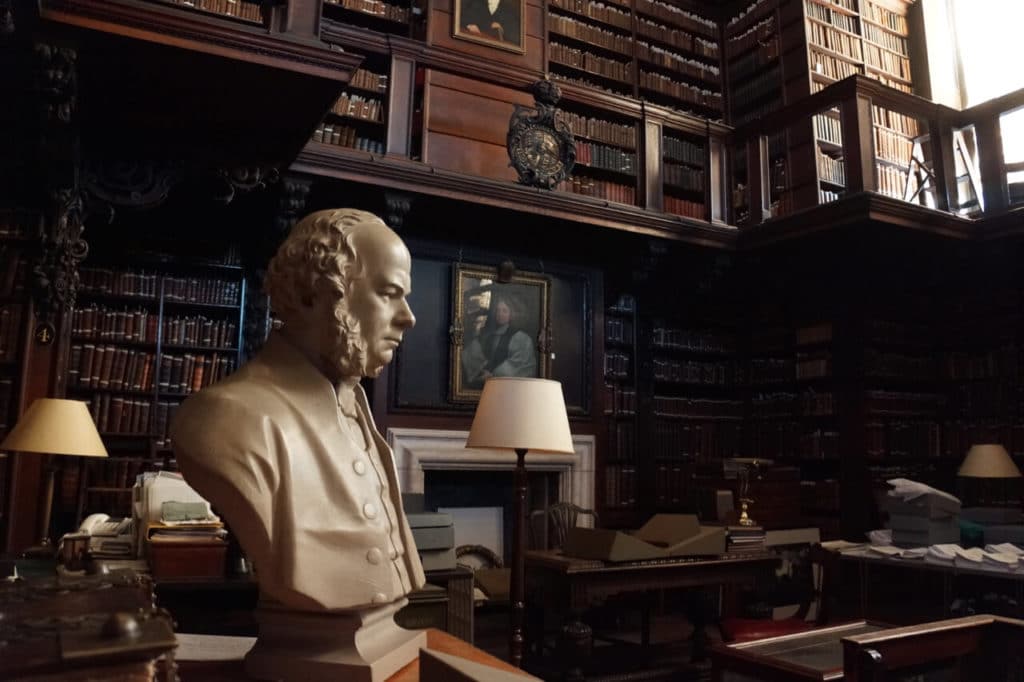Have you ever picked up an old book and just stuck your nose right into it? Not necessarily to read it, but just to smell it? You’re not alone, in fact, until we were asked the very same question and told there was an actual science behind it, we thought everybody did this. So let’s dive into why we love the smell of old books so much, ya book sniffers.

To understand the science fully, we first have to understand what a VOC is. A VOC is what produces the smell we all love so much, and it stands for ‘volatile organic compound’. As books decompose, they give off VOC.
University College in London extracted VOCs from a 1928 French novel, then had voluntarily blindly sniff these extracts. Next, participants were to sniff seen other various scents, then fill out a survey explaining what they thought the book, or VOCs rather, smelled like.
Once all the surveys were turned in, roughly one-third of the survey participants reported smelling chocolate; the next most reported scent? Coffee. Study author Cecilia Bembibre explained to Popular Science that coffee and chocolate both contain fermented or roasted chemical compounds called lignin and cellulose, which are also in decaying paper.
A similar study was conducted at the library in St. Paul’s Cathedral in London. Much like the old book study, survey participants filled out a survey immediately after leaving the space. The volunteers were to mark if they were able to pick out any of the twenty-one smells the researchers picked out from the VOC analysis but were also given the option to fill in the blank with their own descriptions as well. Interestingly enough, the results of the library aroma test differed from the book aroma tests. Survey volunteers reported the library smelling woodsy, earthy, and smoky.

So, let’s review shall we? Old books smell like chocolate and coffee, and old libraries smell like a magical forest. Fair enough.
Study author Matija Strlic explained to Popular Science that “our sense of smell is very close to the memory center in the human brain, and therefore we very often associate memories with certain smells very powerfully and very strongly.” Strlic goes on to explain that “very often smell triggers old memories that we otherwise couldn’t trigger. It is one of the reasons smell plays such an important role in how we experience heritage.”
We don’t really know what is to come of these test results, but we’re hoping scientists find a way to make everything smell like old books and old libraries. But regardless, now you know why your nose is always in a book. Literally!
(Source)